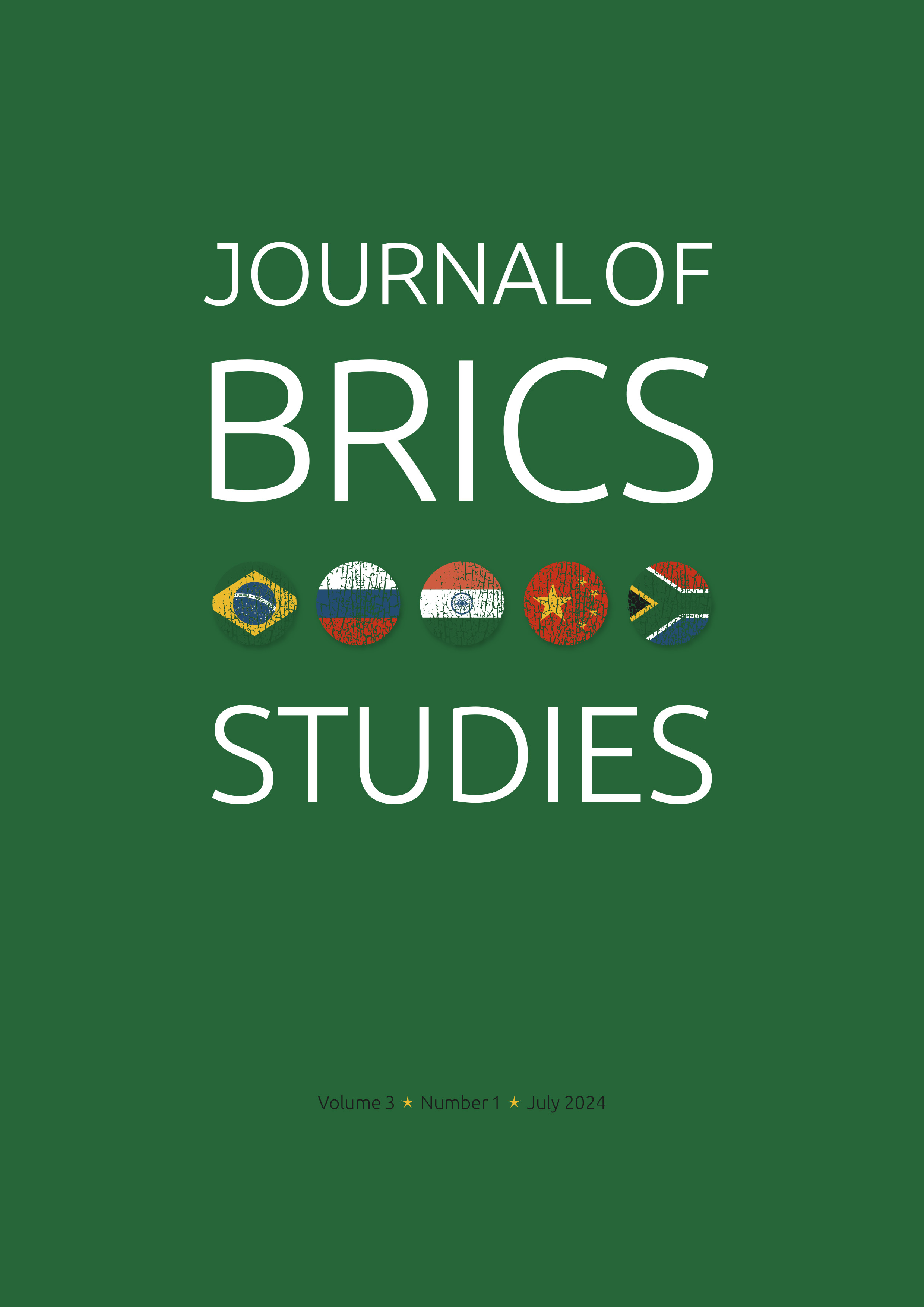Decolonisation and Downshift-Knowledge Reproduction in Africa
Main Article Content
Keywords
Decolonisation, Colonialism, Curriculum, Indigenous-education, Pedagogy, Africanisation
Abstract
Colonialism established a system of racial oppression, both mentally and physically, by impeding pre-colonial African education, which was originally intended to reflect the realities of pre-colonial African societies. Before the colonial administration, Africans were already developed people with different educations for different age groups, making them functional and inclusive within the larger political sphere. Decolonisation only reflects a shift in political power and the withdrawal of colonialists from African territories, but it has not resulted in any fundamental shift in the mentality of political leaders and nation-building in the decolonised nations. The education curriculum left behind by colonial governments was designed to make African nations economically and technologically dependent on developed nations. Such a pattern of education was not geared toward African technological development, but rather conditioned African nations to be consumers rather than producers, with the resulting loss of initiative among the Africans. The curriculum is insidious in terms of principles and implementation across all levels of educational institutions, slowly destroying the economies of African nations that were once ahead of European nations during the pre-colonial epoch. Instead of accelerating the socio-economic development of decolonised African nations, the curriculum based on Western principles and ideas further subjugates African economies to imperialist influence and hegemony through the instrumentality of international financial institutions, which frequently dictate exploitative asymmetric relationships between the developed and developing African nations. African nations must therefore look inward for an African-oriented and culturally appropriate educational curriculum to meet the demand for socioeconomic advancement and growth.
Article Metrics Graph
References
Alalade, F. (2003). Students and Imperialism. Ibadan: College Press and Publishers.
Baskin, C. (2006). Circles of inclusion: Aboriginal world views in social work education (Unpublished doctoral dissertation). Ontario Institute for Studies in Education (OISE), University of Toronto, Toronto.
Betts, R. F. (2012). Decolonization: A brief history of the word. In E. Bogaerts & R. Raben (Eds.), Beyond Empire and Nation: The Decolonization of African and Asian societies, 1930s-1970s (pp. 23–38). Brill. http://www.jstor.org/stable/10.1163/j.ctt1w8h2zm.5
Ehindero, O. (1994). The School and Curriculum Evolution in Nigeria. Ibadan: Textflow LTD.
Enslin, P. (2021). Post Colonialism and Education. London: Oxford University Press.
Fafunwa, A. (1974). History of Education in Nigeria. London: George Allen and Unwin Ltd.
Fafunwa, B. (1989). Education in Mother Tongue: The Ife Primary Education Research Project (1970-1980). Ibadan: University Press Lmited.
Kaya, O., & Seleti, Y. (2013). African Indigenous Knowledge Systems and Relevance of Higher Education in South Africa. The International Education Journal: Comparative Perspectives, 12(1), 30-44.
Martin, K. (2003). Ways of knowing, being and doing: A theoretical framework and methods for Indigenous and Indigenist re-search. Journal of Australian Studies, 76, 203-214. https://doi.org/10.1080/14443050309387838
Matasci, D., Dores, G., & Jeronimo, B. (2020). Education and Development in Colonial and Postcolonial Africa: Politics, Paradigms and Entanglements, 1890-1980s. London: Palgrave Macmillan. https://doi.org/10.1007/978-3-030-27801-4
Matasci, D., Jeronimo, M. B., & Dores, H. G. (2017). Historical Trajectories of Education and Development in (Post) Colonial Africa. In D. Matasci, M. B. Jeronimo, & H. G. Dores, Education and Development in Colonial and Postcolonial Africa: policies, paradigms, and entanglements, 1890-1980si (pp. 1-16). Cham: Palgrave Macmillan. https://doi.org/10.1007/978-3-030-27801-4_1
McLean, I., & McMillan, A. (2003). The Concise Oxford Dictionary of Politics. New York: Oxford University Press.
Ndlovu-Gatsheni, S. J. (2013). Coloniality of Power in Postcolonial Africa: Myths of Decolonisation. Dakar: Council for the Development of Social Science Research in Africa.
Ojiambo, P. (2018). Education in Postcolonial Africa. In M. Shanguhyia, & T. Falola, The Palgrave Handbook of African Colonial and Postcolonial History (pp. 1109-1136). New York: Palgrave Macmillan. https://doi.org/10.1057/978-1-137-59426-6_43
Osaat, S.D. & Asomeji, A.I. (2017). The Philosophical Bases for African Indigenous Education: Implication for Nigerian Education. Journal of Qualitative Education, 13(1), 1-7.
Oyeleke, O., & Akinyele, C. (2013). Curriculum Development in Nigeria: Historical Perspectives. Journal of Education and Social Research, 3(1), 73-80.
Rodney, W. (1976). How Europe Underdeveloped Africa. London: Bogle-Louverture Publications.
Shehu, A. (2020). Western Education versus Indigenous Knowledge of the Tarok in Plateau State. Journal of Information and Knowledge Management, 11(4), 59-68. https://doi.org/10.4314/iijikm.v11i4.6
Smith, L.T. (1999). Decolonising methodologies: Research and Indigenous peoples. Dunedin: University of Otago Press
Taverno-Haidarian, L. (2019). Decolonisation and Development: Re-imagining Key Concepts in Education. Research in Education, 103(1), 19-33. https://doi.org/10.1177/0034523719839750
Varma, S. (1975). Modern Political Theory. New-Delhi: Vikas Publishing House LTD.


